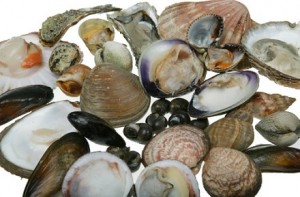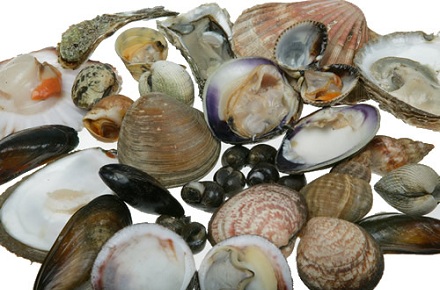Pembrokeshire County Council is to issue a Notice of Temporary Closure on two shellfish production areas on the Cleddau Estuary.
 |
| [relatedPosts title=”Related Posts”] |
|
|
The first covers the oyster production area from the Cleddau Bridge to Picton Point. The second covers the mussel production area at Lawrenny.
The decision was taken after discussions with CEFAS (Centre for the Environment, Fisheries and Aquaculture Science) in Weymouth and the Food Standards Agency Wales, and having regard to the South West Wales Local Action Plan.
In accordance with EU food hygiene legislation, Pembrokeshire County Council is under a duty to conduct routine sampling of shellfish in order to test for the presence of E.coli bacteria from areas designated for the production of shellfish for human consumption.
Samples of oysters and mussels were taken from designated monitoring points on Tuesday, 25th October, and submitted for examination to the Public Health Wales laboratory, Carmarthen.
The examination revealed E.coli levels of greater than 18,000 E.coli/100g of flesh, giving rise to an ‘Action State’ under the terms of the South West Wales Local Action Plan.
The elevated levels follow a period of exceptionally heavy rainfall. This will have increased agricultural run-off and possibly added discharge from the functioning of storm water overflows. Similar levels have been reported across the South West Wales region.
As a precautionary measure, Pembrokeshire County Council has taken the decision to temporarily close the affected mussel and oyster production areas until results demonstrate the shellfish quality to have returned to within acceptable limits.
Members of the public are also advised not to consume bivalve molluscs (oysters, mussels, cockles, clams, razor fish, etc.) collected in these areas, until they have been re-opened.
Officers are currently posting notices in the affected areas to alert both commercial gatherers and members of the public of the status of the shellfish beds.





